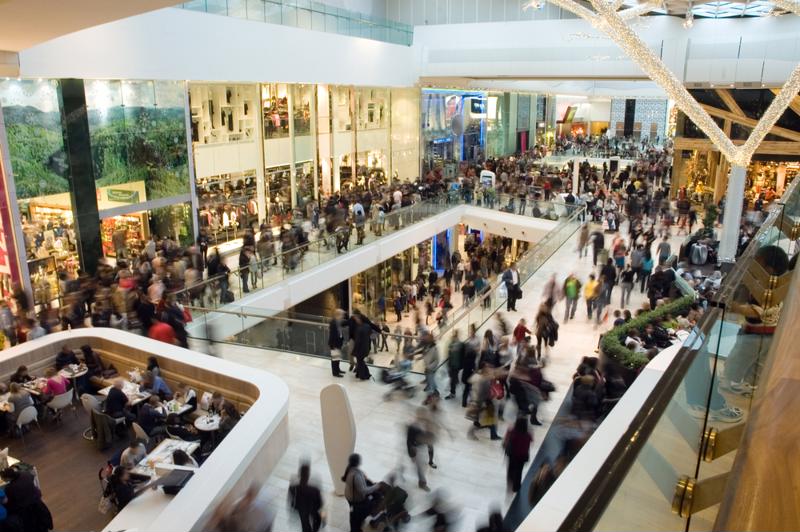But a new forecast suggests deal hunting on Black Friday may not be as widespread as it's been in the past.
Only 1 in 5 Americans intend to shop this Black Friday, according to a recent survey conducted by PricewaterhouseCoopers. That's down from 60% who said they would participate in Black Friday festivities in 2015, when a similar poll was conducted.
The PwC Holiday Outlook 2022 survey involved 4,000 respondents, represented by individuals from Generation Z, millennials, Generation X members and baby boomers. Across the board, a smaller percentage of people from each group said they would be buying on Black Friday compared to the findings of previous surveys by PwC. The declining trend suggests the novelty factor of Black Friday has worn off with some buyers.
Despite the pullback, Black Friday still remains popular with much of the buying public, particularly in comparison to other post-Thanksgiving holiday sales events, such as Cyber Monday (celebrated the first Monday after Thanksgiving) and Small Business Saturday. For instance, according to a separate survey conducted by the National Retail Federation (NRF), nearly 115 million shoppers are expected to partake in the Black Friday sales proceedings. And of the 115 million, over two-thirds will shop in a brick-and-mortar setting.

A possible explanation for consumers' waning interest in shopping the day after Thanksgiving may be attributable to retailers making Black Friday a much longer sales extravaganza, occurring over weeks as opposed to a just a 24-hour period. Businesses like Kohl's, Walmart, Best Buy and more have rolled out various iterations of Black Friday events, some of them taking place over the entirety of November as well as December. Phil Rist, executive vice president for Prosper Insights & Analytics, noted in the NRF press release that holiday shopping among buyers is beginning earlier. This suggests that people may not have as much to purchase by the time Black Friday rolls around.
"This year, 18% of holiday shoppers have completed at least half of their holiday shopping," Rist explained. He added that while November and December account for the largest slices of the season, shopping in October has become more popular.
As for how much they'll be spending, customers aren't tightening their budgets all that drastically, even with inflation pushing prices higher. On average, consumers expect to spend $1,430 on gifts, travel and entertainment, according to the PwC Holiday Outlook report. That's just $17 below last year's total ($1,447).
The NRF forecasts retail sales during for Christmas could be better this year than 2021, potentially surpassing $960 billion. That would be a roughly 6% increase from last year's amount.



Post A Comment:
0 comments so far,add yours